Table of Contents
Dehradun, the capital city of Uttarakhand, is nestled in the foothills of the Himalayas and has transformed from a quiet town into a thriving metropolitan center. The economy of Dehradun is driven by a blend of traditional sectors like agriculture, tourism, and education, along with emerging industries such as IT, manufacturing, and real estate.
This city has become a major hub for education, research, and business, attracting students, professionals, and investors from across India. With rapid urbanization, infrastructure development, and government initiatives, Dehradun’s economy continues to expand, offering new opportunities for businesses and residents alike.
In this blog, we will explore the key factors contributing to the economy of Dehradun, including its main industries, challenges, and future growth prospects.
Agriculture and Agro-Based Industries: Driving the Economy of Dehradun
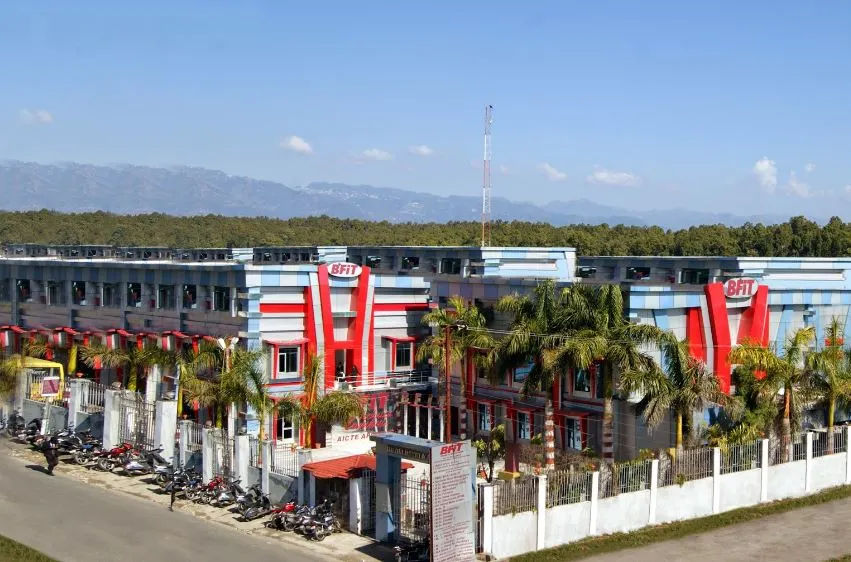
Agriculture has been a fundamental pillar of the economy of Dehradun for centuries. The region’s fertile land and favorable climate make it ideal for cultivating a variety of crops, including rice, wheat, pulses, and sugarcane. Among these, Dehradun’s Basmati rice is particularly famous for its high quality, both in India and international markets.
In addition to traditional farming, agro-based industries have significantly contributed to the economy of Dehradun. The city has seen growth in food processing industries, including the production of jams, fruit juices, and dairy products. The government is also actively promoting organic farming and encouraging sustainable agricultural practices to help farmers increase productivity and meet the rising market demand.
With ongoing advancements and government support, agriculture continues to play a vital role in shaping the economic growth of Dehradun, ensuring both local employment and export opportunities.
How the Tourism Industry Boosts the Economy of Dehradun
Tourism plays a vital role in the economy of Dehradun, making it one of the city’s primary sources of income. Due to its strategic location near famous destinations like Mussoorie, Rishikesh, and Haridwar, Dehradun serves as a gateway for travelers exploring the spiritual and natural beauty of Uttarakhand.
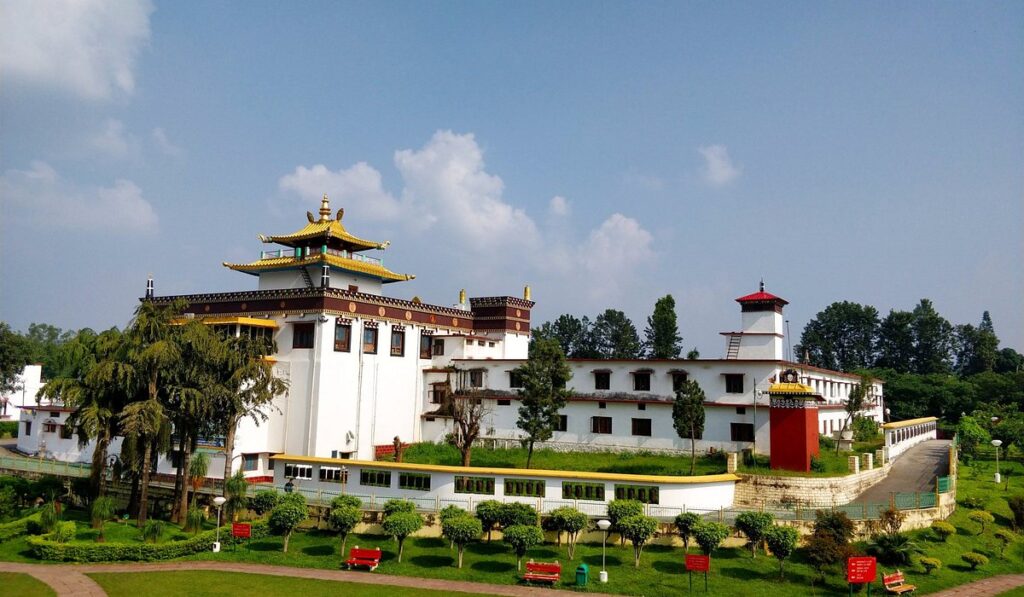
The city itself is home to numerous tourist attractions, including the Forest Research Institute, Robber’s Cave, Tapkeshwar Temple, and the Tibetan Buddhist Monastery. These sites attract visitors throughout the year, boosting the local economy through transportation, shopping, and cultural tourism.
Additionally, adventure tourism is on the rise, with activities like trekking, paragliding, and river rafting becoming increasingly popular. This growing tourism sector significantly benefits the hospitality industry, leading to higher demand for hotels, restaurants, and travel services, further strengthening the economy of Dehradun.
With continuous efforts in promoting eco-tourism and infrastructure development, tourism will remain a key driver of economic growth in the region.
The Economy of Dehradun: Growth of the Education and Research Sector
Dehradun is widely recognized as an education hub, playing a crucial role in the economy of Dehradun. The city is home to some of India’s most prestigious schools, including The Doon School, Welham Boys’ and Girls’ Schools, and the Indian Forest Research Institute (FRI). Additionally, it houses top higher education institutions like the Indian Military Academy (IMA), University of Petroleum and Energy Studies (UPES), and Doon University.
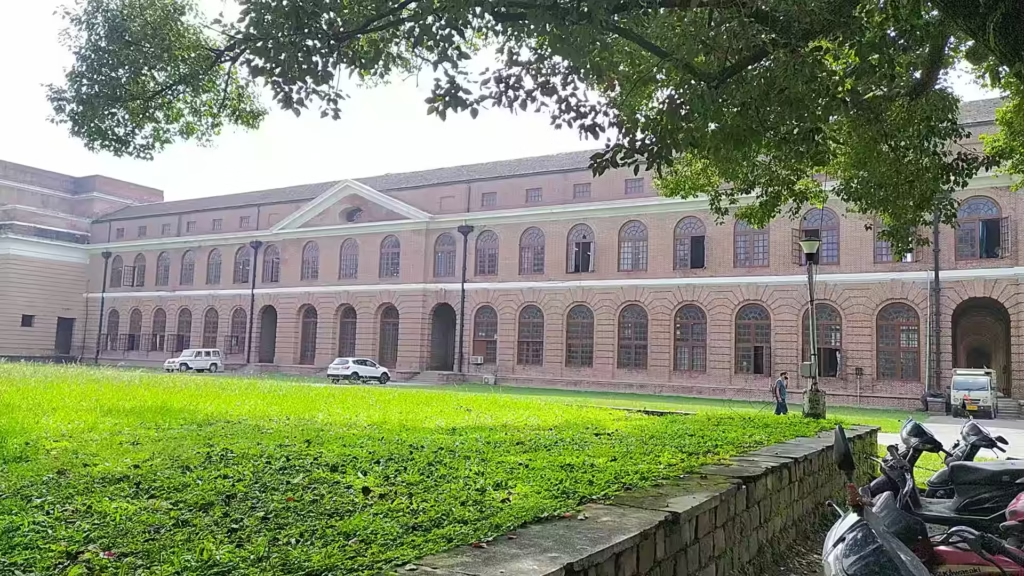
The strong focus on education and research has attracted students and skilled professionals from across India and abroad. This influx has significantly boosted the local economy, driving demand for educational services, housing, and student-related businesses such as hostels, coaching centers, and bookstores.
Moreover, the research sector in fields like forestry, defense, and petroleum has contributed to technological advancements and economic growth in the region. With continued investment in education and innovation, Dehradun remains a key player in shaping Uttarakhand’s knowledge-based economy.
Service Sector Growth and Its Impact on the Economy of Dehradun
Rapid growth in the Dehradun service sector took place in the last few decades. The expansion of banking, retail, healthcare, and hospitality services is boosted by the city’s. The city of Dehradun being declared the capital of the state in the year 2000, the area also became the largest center for local government and administrative services.
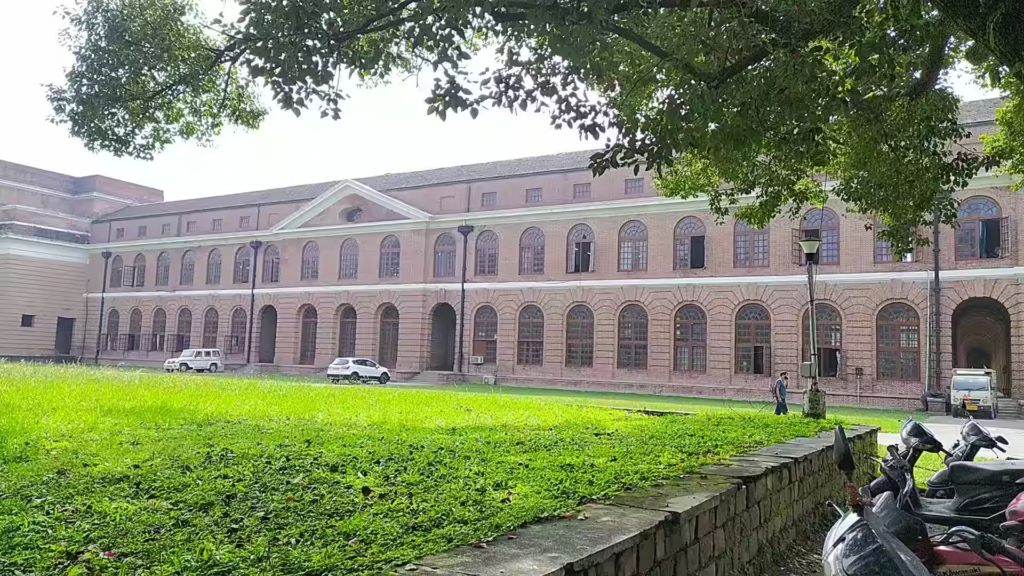
Healthcare in Dehradun has greatly benefitted in the last years with the new hospitals and clinics that were opened, providing high-quality medical services to those residing there and also to people from the surrounding regions.
The Rise of Information Technology and Startups in the Economy of Dehradun
Dehradun is gradually evolving as an information technology (IT) and startups hub and the government is also encouraging the establishment of IT parks and incubation centers to attract entrepreneurs and technology companies. The bright atmosphere, universities and colleges, low costs of living are the reasons which make it the preferred destination for the perpetration of innovations and skilled professionals in the software and technology sector.

The Uttarakhand government has started several projects encouraging digital infrastructure, which along with the Dun region software development, BPOs, and IT-enabled services have slowly but surely risen.
Industrial and Manufacturing Development
The industrial base in Dehradun is not a very large one compared to some bigger cities, but with time manufacturing has evolved for the better. The city comes under the ‘Industrial development in Uttarakhand’ and it has major industries which include pharmaceuticals, food processing, textiles as well engineering goods.
The industrial production is dominated by the pharmaceutical industry, and a firm like Himalaya Drug Company can easily be located in almost any part of Dehradun. SMEs add a healthy proportion to the local economy because they help generate employment as well as facilitating innovation.
Housing and Urban Development: Shaping the Economy of Dehradun
Dehradun, the hot-cake in realty sector due to rapid urbanization Due to having a state capital, educational and commercial hubs in no small part the demand for residential as well as commercial properties is at all heights. The booming population growth in the city has resulted in the setting up of housing projects, malls and commercial complexes.
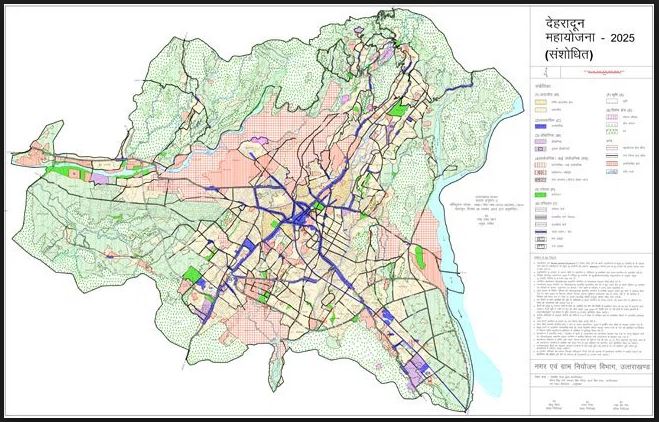
The city is set for infrastructural growth as well with new projects already in the process of addition like improved roadways, public transport facilities and modern living spaces. The rate at which this urban development is taking place augurs well for the economic growth as its an attraction to investors and thereby businesses.
Challenges and Future Prospects for the Economy of Dehradun
Challenges: Although, dehradun is a growing city but there are certain challenges which come its way. I was a newcomer in the booming city, and things had to be built as fast as humanly possible or else it would outgrow its own infrastructure. Traffic Jam, Environmental problems and also water scarcity are increasing day by day so we need sustainable urban planning & solutions.
However, the economy of Dehradun has a promising future and can only take off from here. Dehradun is likely to become one of the most important economic hubs in Uttarakhand as it becomes increasingly known for its IT & education city identity among key governments, coupled with vital transport and infrastructure investments — which has allowed the tourism segment ever more reachable.
Frequently Asked Questions on Dehradun’s economy
1. What are the principal components of Dehradun’s economy?
The principal ones include agriculture, tourism, education, the service sector, IT, and manufacturing.
2. The importance of agriculture to the economy of Dehradun?
Dehradun is known for its agriculture, mainly growing cereals such as rice, wheat and sugarcane on its fertile lands. Basmati which has been grown traditionally in these areas is also famous. Agro-based industries add value to agricultural produce.
3. What makes Dehradun a centre for tourism in India?
Dehradun has some popular destinations to visit like Mussoorie, Rishikesh, and Haridwar apart from the local places like The Forest Research Institute. This region also provides scope for adventure tourism, which is an added advantage for the visitors.
4. Can you explain the importance of the education sector for the economy of Dehradun?
In the narrow sense, the presence of such sought after schools and institutions leads to this population of students and professionals who increase the demands for real estate and services which leads to a boom of the local economy.
5. In what ways is Dehradun resolving its infrastructure issues?
Dehradun is putting in great effort and investing their resources into a number of initiatives aimed at improving Dehradun’s roadways, public transport services as well as its urban planning. The government aims at urbanization while taking into account concerns of traffic, environment, as well as dearth of resources so as to provide the city’s increasing population an enhanced quality of living.
Final Thought
Dehradun is at a critical stage as a domicile, having a growing economy but in need of extreme caution while expanding. Furthermore, with timely development of infrastructure, economic advancement, and focus on education and technology, the city has all the potential to create significance in the global and national economies. Ultimately, Dehradun has the opportunity of realizing its potential but not by letting the city lose its touch and traditions, with adequate organization and funding.
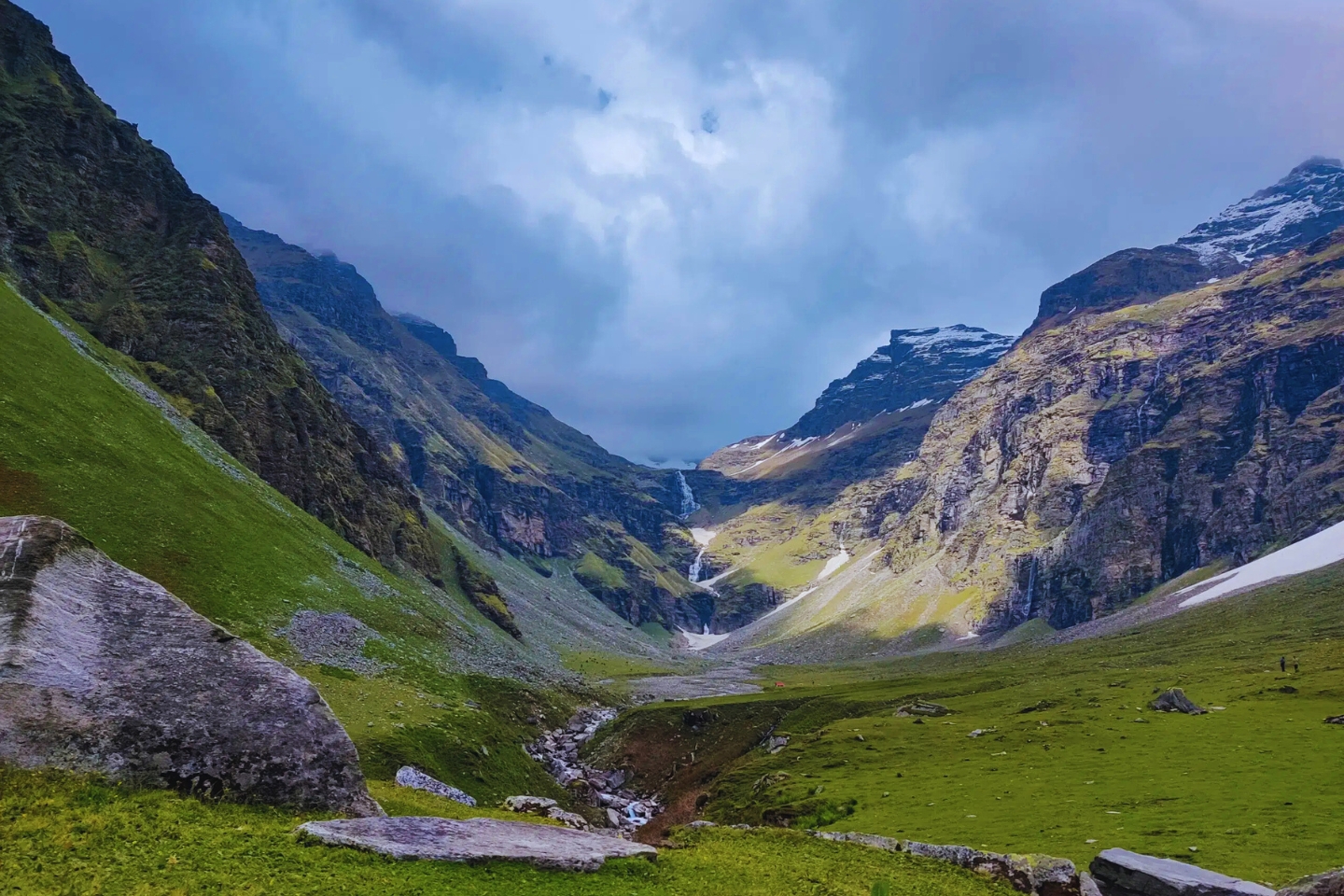


[…] Read more […]